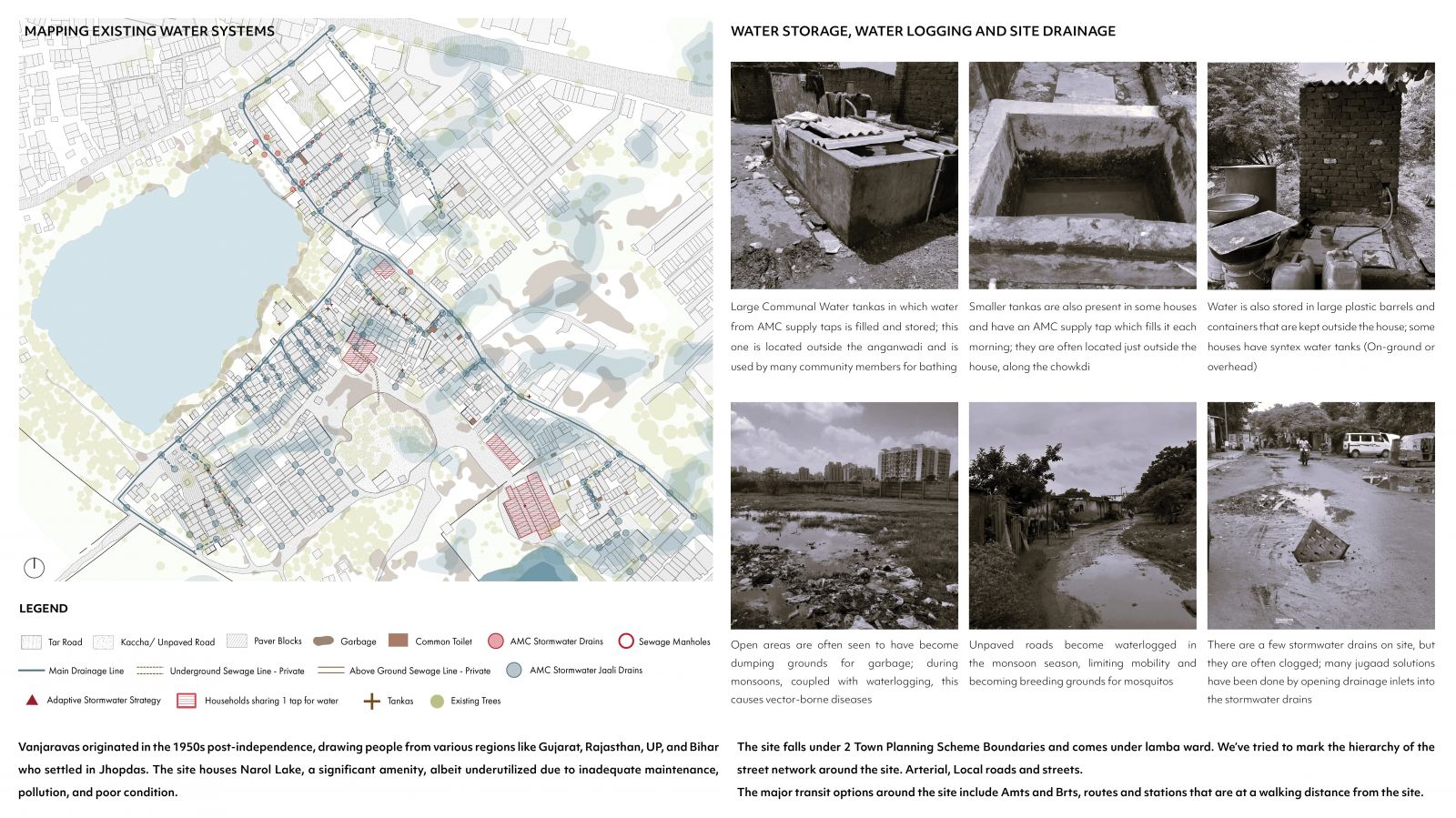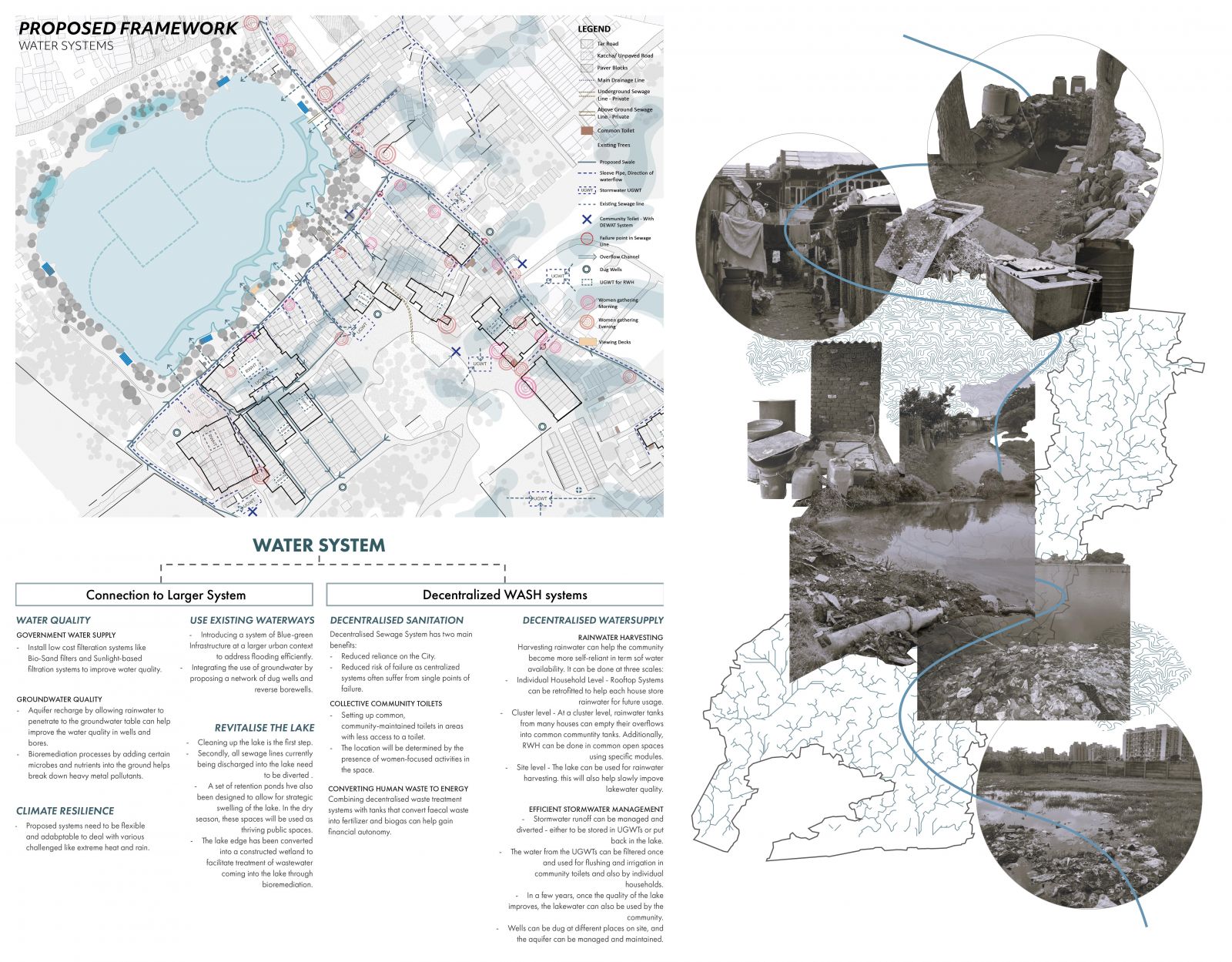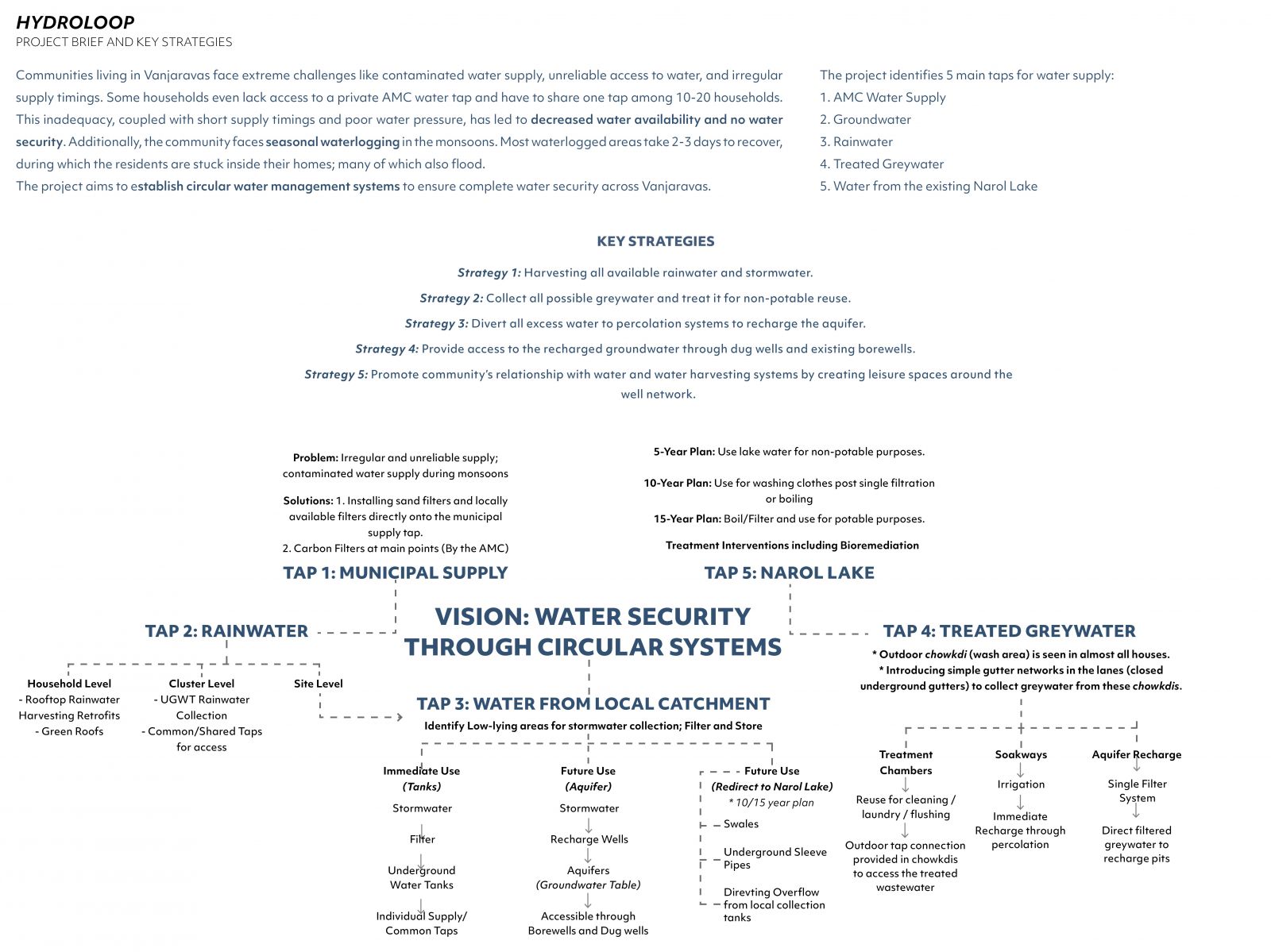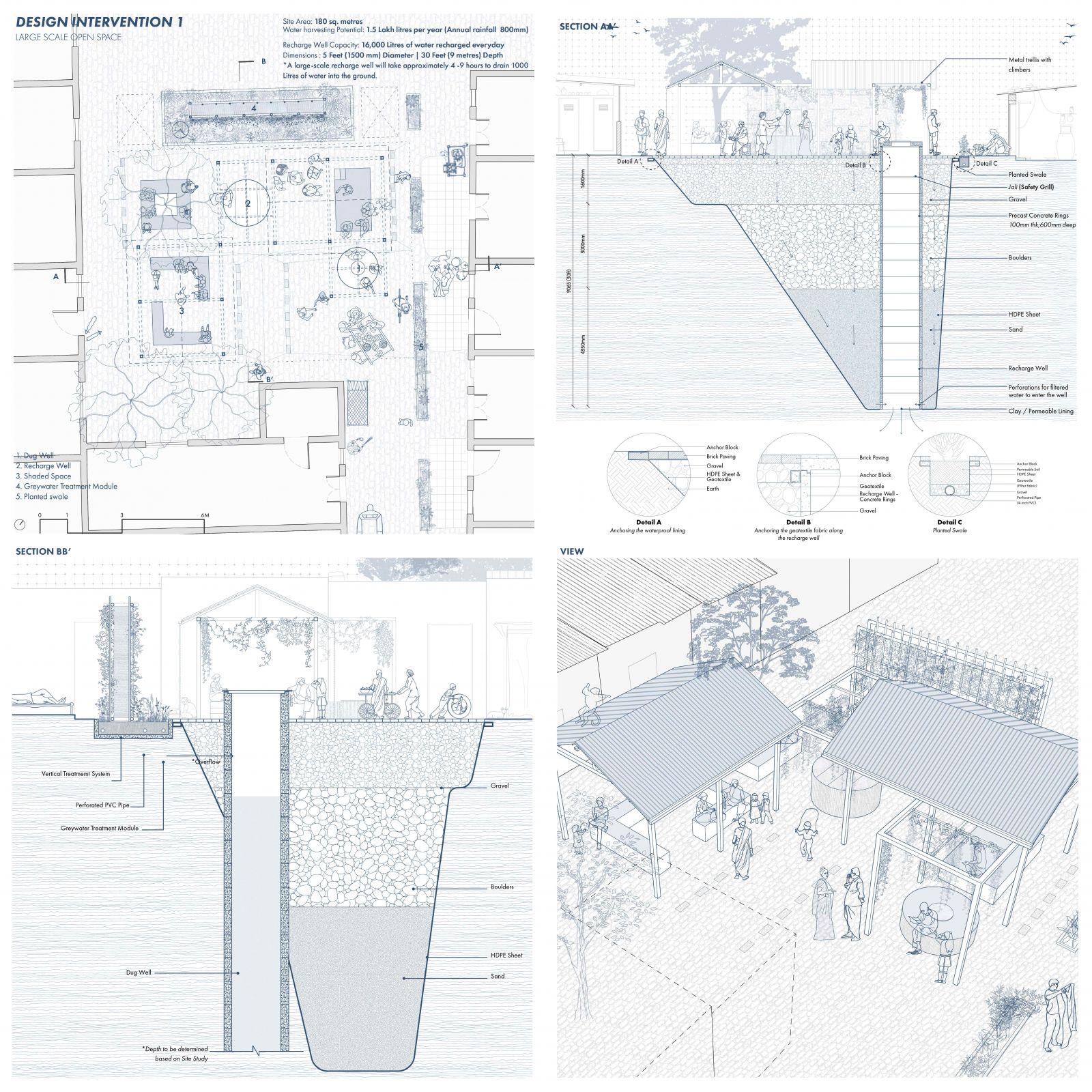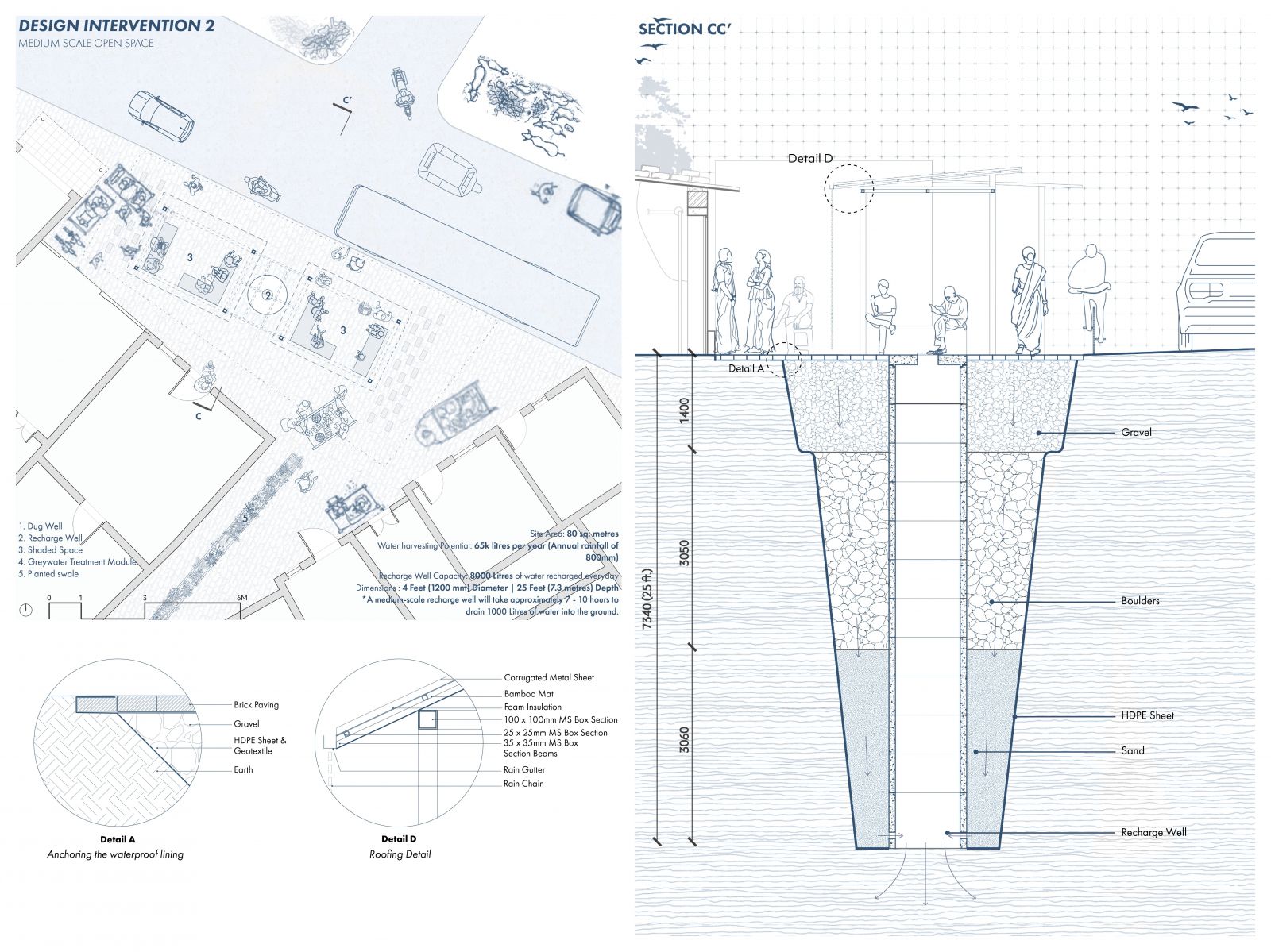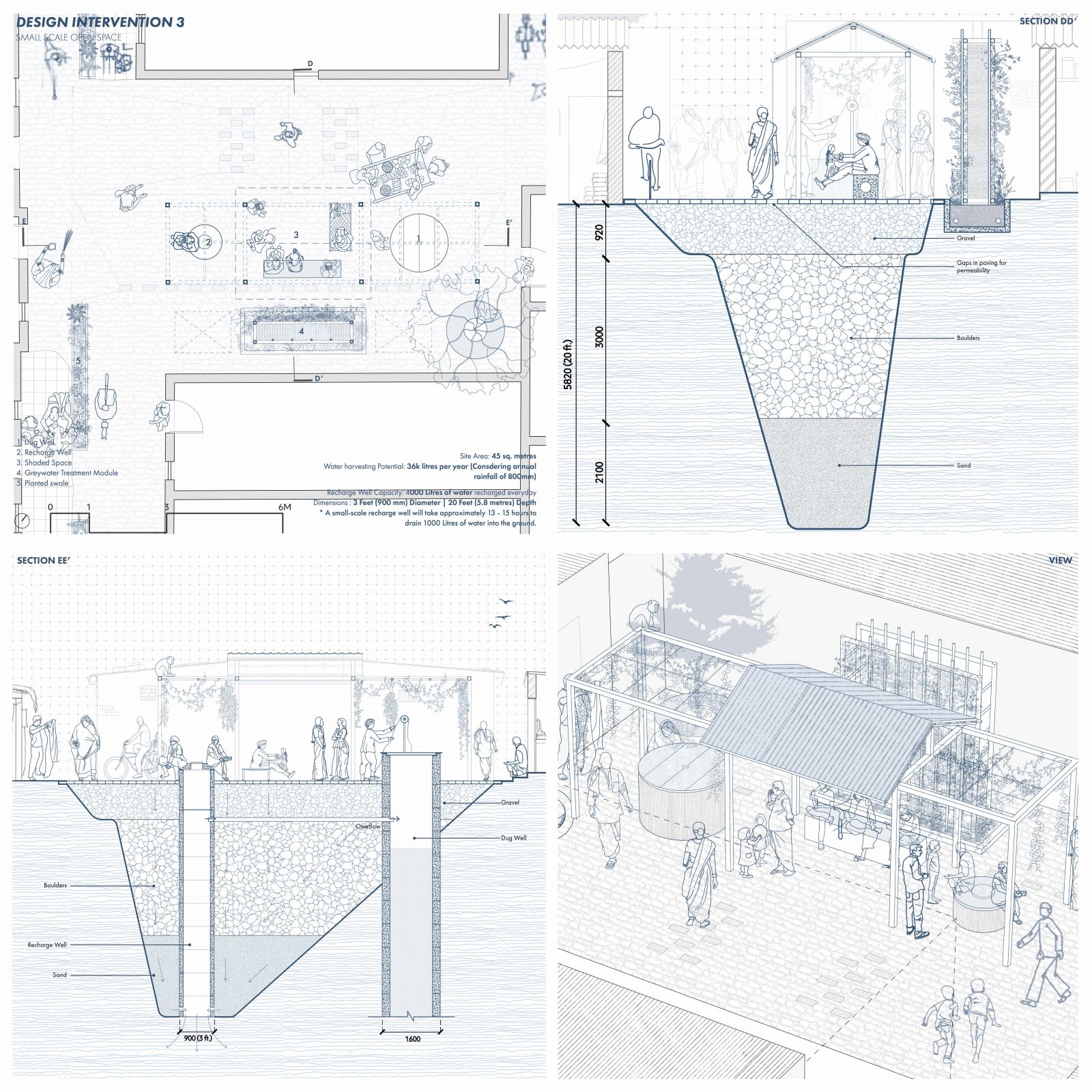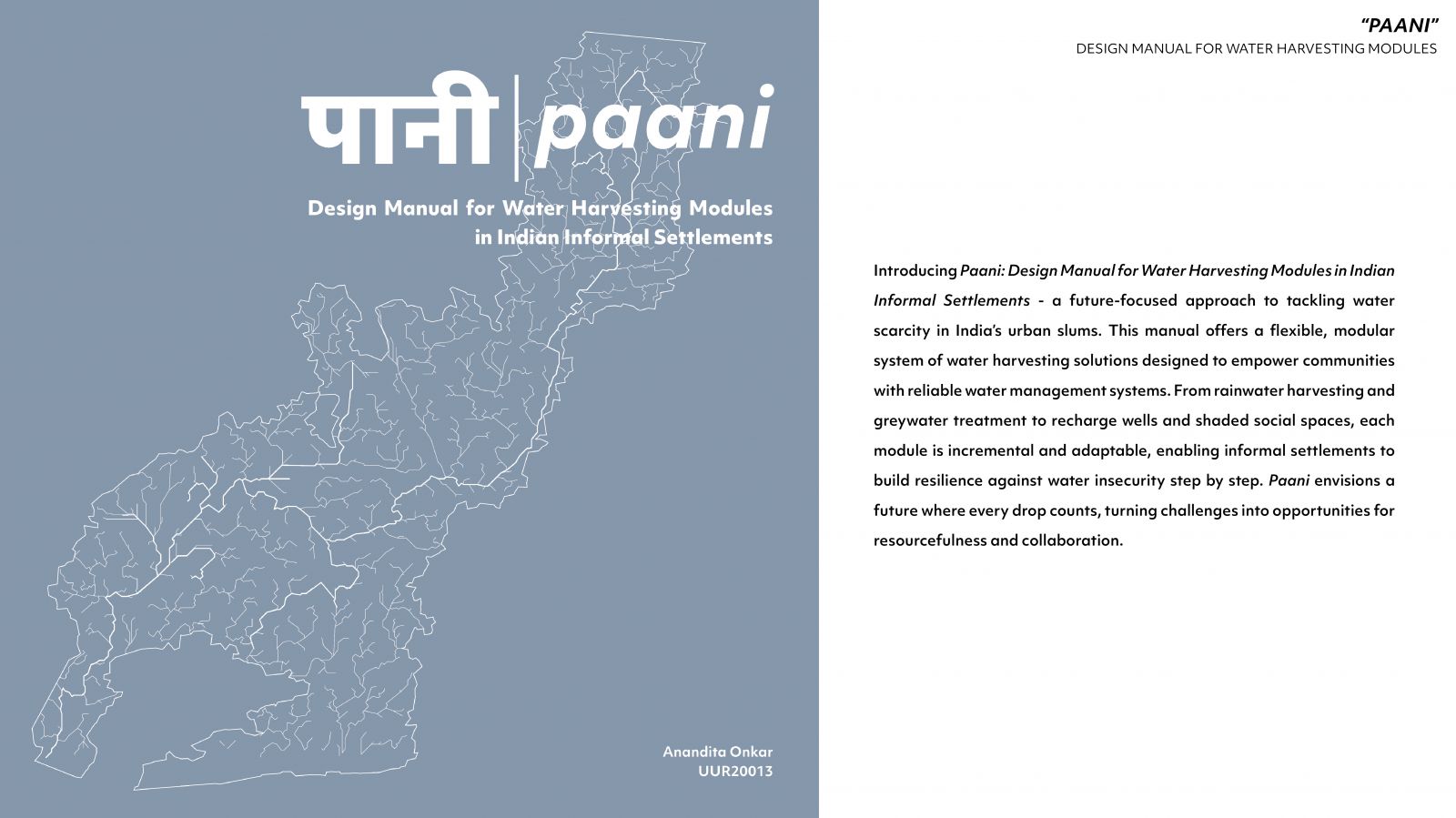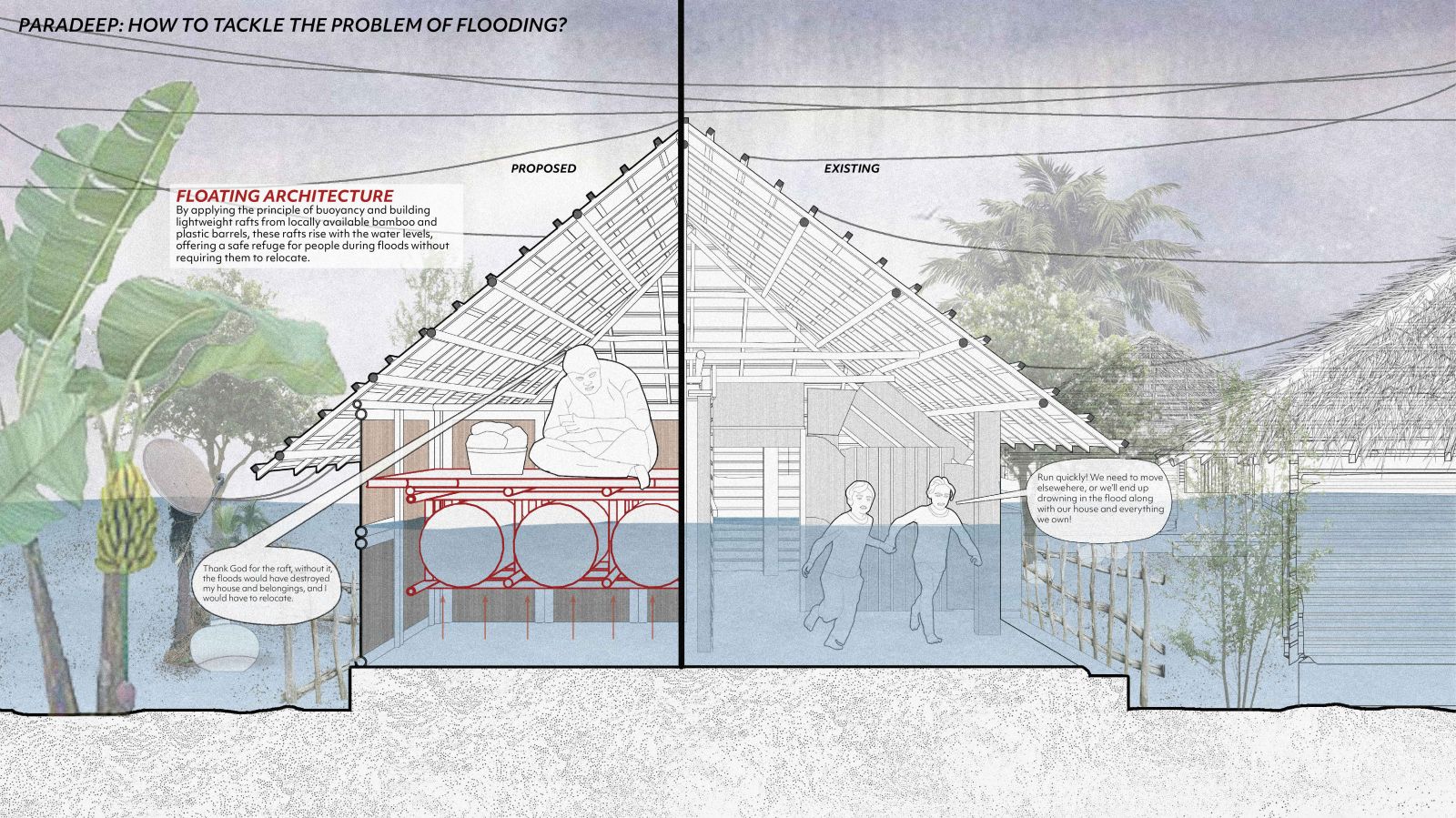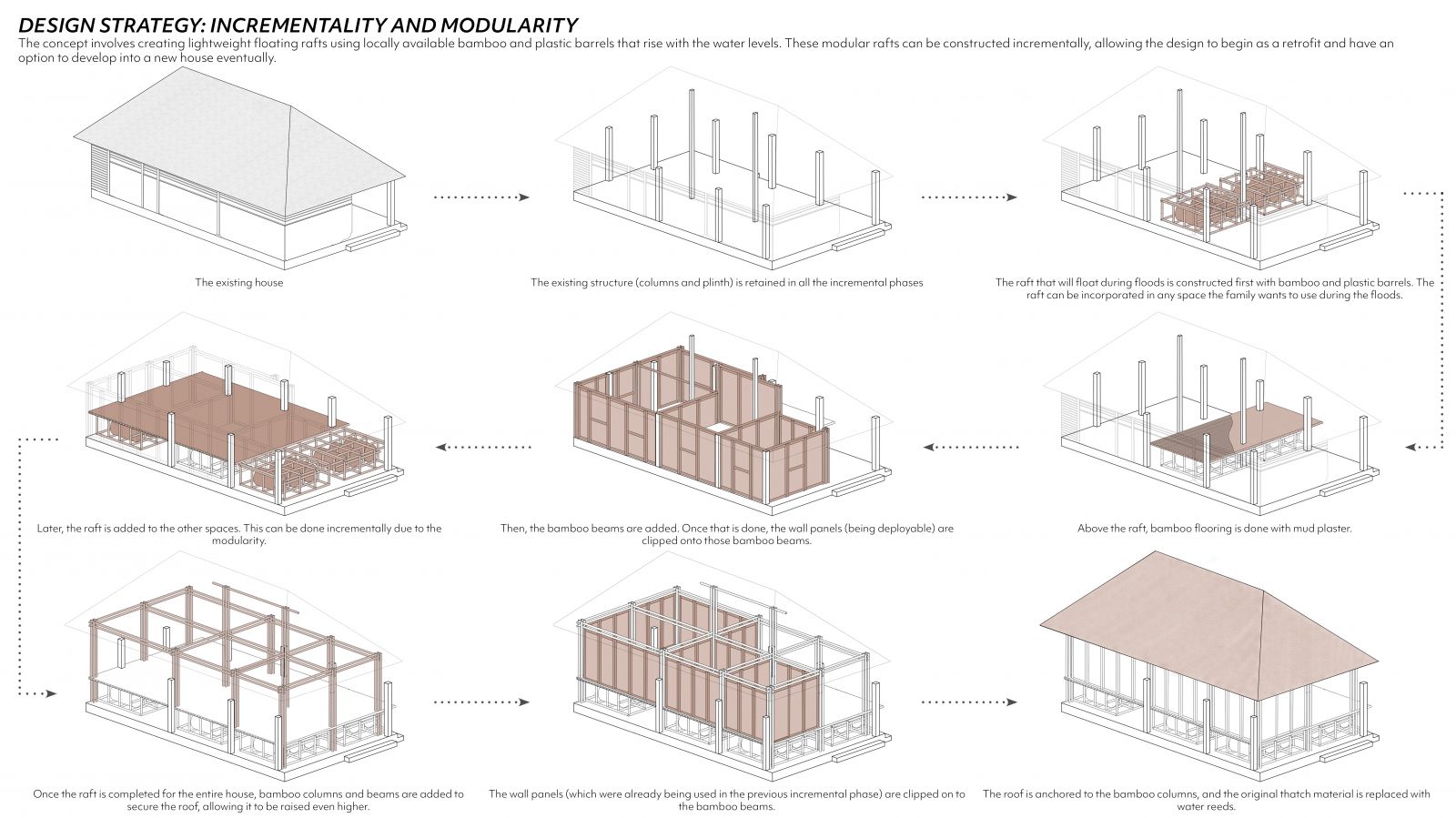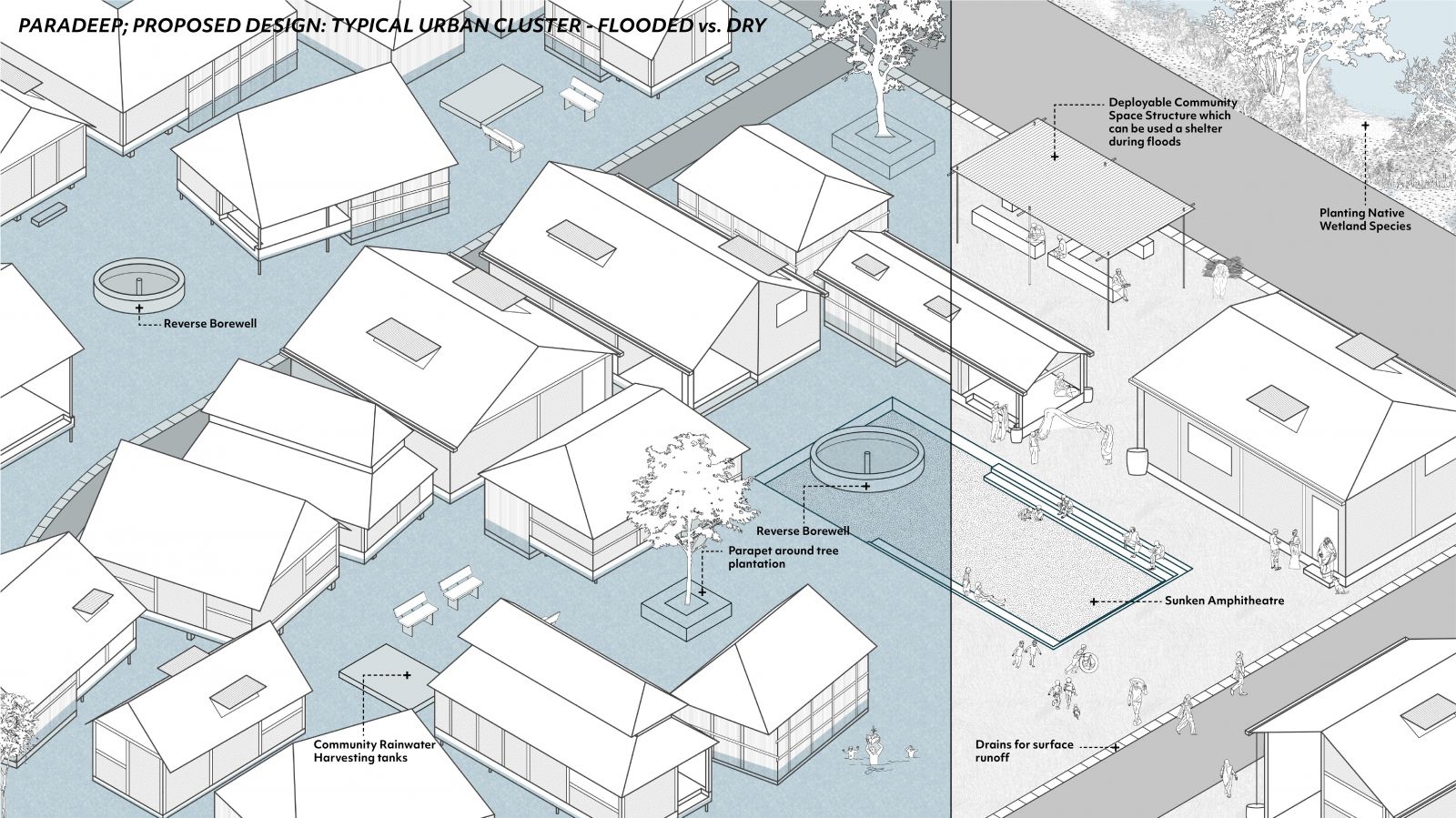Your browser is out-of-date!
For a richer surfing experience on our website, please update your browser. Update my browser now!
For a richer surfing experience on our website, please update your browser. Update my browser now!
Communities living in Vanjaravas face extreme challenges like contaminated water supply, unreliable access to water, and irregular supply timings. This inadequacy, coupled with short supply timings and poor water pressure, has led to decreased water availability and no water security. Additionally, the community faces seasonal waterlogging in the monsoons. Most waterlogged areas take 2-3 days to recover, during which the residents are stuck inside their homes, many of which also flood.
The project aims to establish circular water management systems to ensure complete water security across Vanjaravas.
The aim is to harvest maximum rainwater, stormwater, and discarded water by diverting it into a series of recharge wells to rejuvenate the aquifers. These wells can be constructed in common open spaces.
Along with rainwater harvesting, greywater generated from outdoor chowkdi’s is collected and filtered through planted infiltration strips. The community can use the treated water for non-potable uses like cleaning floors, washing clothes and vehicles, and irrigation from plants.
Together, these systems work in tandem to mitigate the flood-drought situation that threatens the community year after year.
Towards the end of the design, a manual (toolkit) has been developed, which consists of all elements that together form this envisioned circular water system, showcasing this system’s potential to be replicated across spaces and clusters of various scales and contexts like informal settlements, gated communities and private residences.
